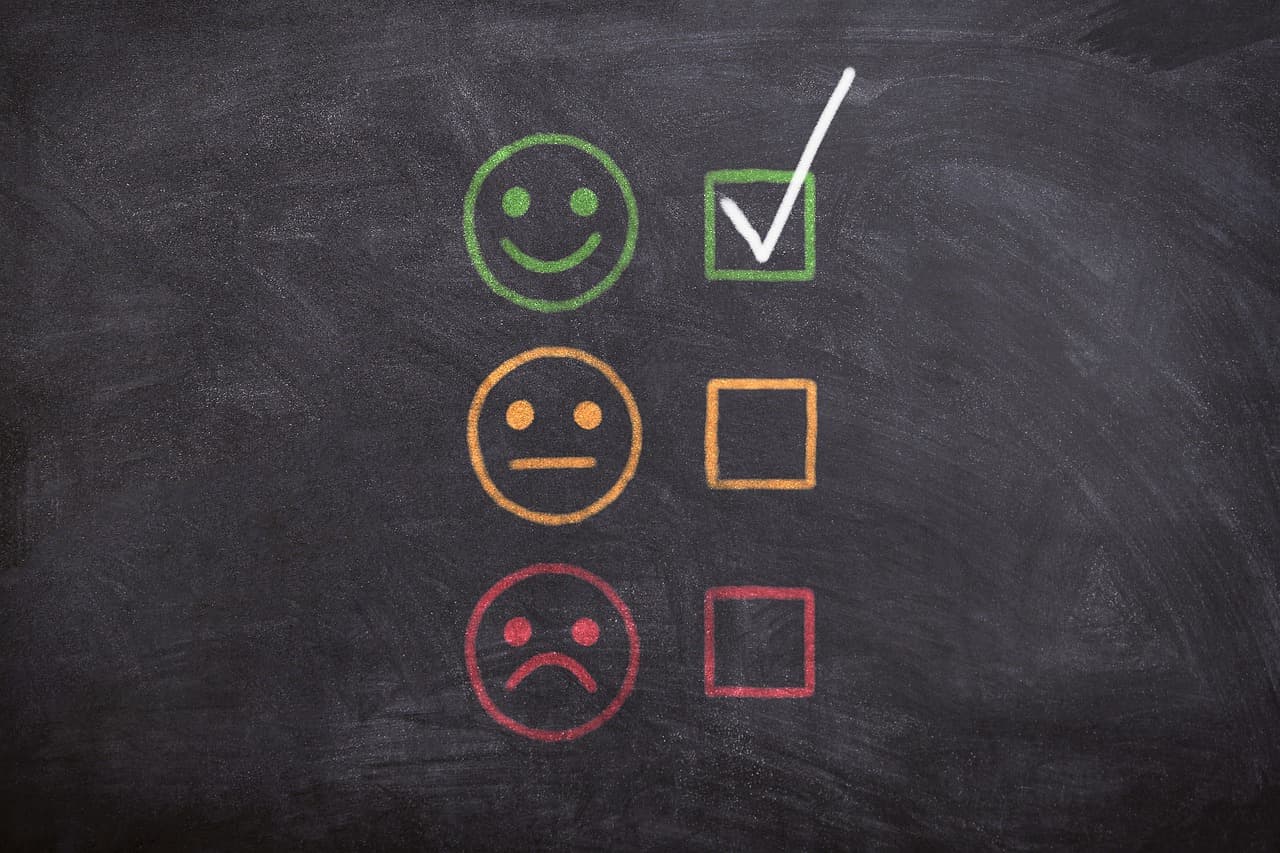Future-proofing one’s life involves preparing for the rapid changes and advancements in technology that are transforming our world. A crucial aspect of this preparation is technological literacy, which is the ability to use, understand, manage, and assess technology effectively, safely, and responsibly. This literacy encompasses not only the technical skills to operate devices but also the critical thinking and problem-solving abilities to navigate the digital landscape.
What is Technological Literacy?
Technological literacy is the knowledge and skills required to effectively and responsibly use technology tools and resources. It includes the ability to evaluate, create, and integrate information using technology, which is essential for success in today’s digital age[1][3][4]. This literacy is not limited to computers and the internet but can be applied to any technological device or system.
Why is Technological Literacy Important?
Technological literacy is vital for several reasons:
-
Enhancing Learning Opportunities: Technology has revolutionized the way we learn and access information. Technological literacy enables students to navigate online platforms effectively, conduct research, and identify reliable sources of information, leading to a broader and deeper understanding of subjects[2].
-
Fostering Critical Thinking and Problem-Solving Skills: Technological literacy cultivates critical thinking and problem-solving skills, which are essential for students to thrive in a complex and dynamic world. By encountering challenges while using technology, students are compelled to think critically and find solutions, developing logical reasoning and creative thinking[2].
-
Improving Communication and Collaboration: Effective communication and collaboration are vital skills for success in the modern workplace. Technological literacy facilitates seamless communication and collaboration among students and with people from diverse backgrounds, fostering cultural understanding and global collaboration[2].
-
Nurturing Creativity and Innovation: Technology provides students with powerful tools for creativity and innovation. Technological literacy enables students to express their ideas through digital media, create digital content, and explore various forms of artistic expression, nurturing an entrepreneurial mindset[2].
-
Enhancing Student Engagement: Students who have a strong understanding of technology are more likely to actively participate in educational activities. By using technology in the classroom, students become familiar with using tech and build on their technology literacy skills, leading to higher engagement and motivation[3].
-
Preparing for the Future Job Market: The job market is rapidly evolving, driven by technological advancements. Technological literacy is a prerequisite for students to thrive in this future job market, as many industries now require employees who possess a strong foundation in technology, regardless of their specific field[2].
Essential Elements of Technological Literacy
To be technologically literate, individuals should possess the following skills:
- Communication: The ability to communicate online safely and securely, including creating strong passwords and understanding privacy settings[1].
- Collaboration: The ability to work effectively with others using technology, such as shared documents, online project management tools, and virtual collaboration platforms[1].
- Critical Thinking: The ability to evaluate information, ensuring access to high-quality digital content by analyzing information for accuracy, validity, reliability, and authority[1].
- Creativity: The ability to use technology as a means to express ideas, develop innovative solutions, and create digital content[1].
- Functional Skills: The ability to operate a variety of digital tools and platforms efficiently, including understanding software interfaces, troubleshooting common issues, and adapting to new digital environments[1].
- Ability to Find and Select Relevant Information: The ability to navigate the internet effectively, finding credible sources and discerning relevant information from the noise[1].
- Social and Cultural Understanding: The understanding of how technology impacts society and culture globally[1].
- Safety: The ability to identify and avoid online threats, cyberbullying, and potentially harmful content, promoting a safe online experience[1].
Image by Joshua Woroniecki from Pixabay
Conclusion
In conclusion, technological literacy is essential for students in the 21st century. It empowers them to embrace the opportunities presented by technology, enhances their learning experiences, and equips them with critical thinking, problem-solving, and digital citizenship skills. By prioritizing technological literacy in education, we can ensure that students are well-prepared to succeed in the digital age.
Citations:
[1] https://robotical.io/blog/technology-literacy-everything-you-need-to-know/
[2] https://varthana.com/student/why-is-technological-literacy-essential-for-students/
[3] https://www.futurelearn.com/info/blog/what-is-technology-literacy
[4] https://www.simplilearn.com/what-is-technology-literacy-article
[5] https://www.devx.com/technology/why-technology-literacy-is-so-important-for-modern-workers/
[6] https://sphero.com/blogs/news/technology-literacy
[7] https://nap.nationalacademies.org/read/10250/chapter/4
[8] https://emeritus.org/blog/technology-literacy-for-career/
[9] https://issues.org/young-technological-techliteracy/
[10] https://www.learning.com/blog/reasons-digital-literacy-is-important-for-students/
[11] https://www.linkedin.com/pulse/future-proof-your-career-four-essential-digital-lee-nallalingham
[12] https://www.learnerbubble.com/future-proofing-careers-essential-skills-for-the-digital-age/
[13] https://en.wikipedia.org/wiki/Future-proof
[14] https://safetylineloneworker.com/blog/importance-future-proofing
[15] https://blogs.opentext.com/how-to-future-proof-your-technology/
[16] https://www.futureproof.life
[17] https://www.forbes.com/sites/forbestechcouncil/2023/11/27/future-proofing-your-tech-decisions-to-work-smarter-tomorrow/
[18] https://www.futureproofmy.life
[19] https://www.knowledgehut.com/blog/career/technology-literacy
Go From Technological Literacy Back to Advice To Younger Self
Go To The Leadership and Development Home Page









